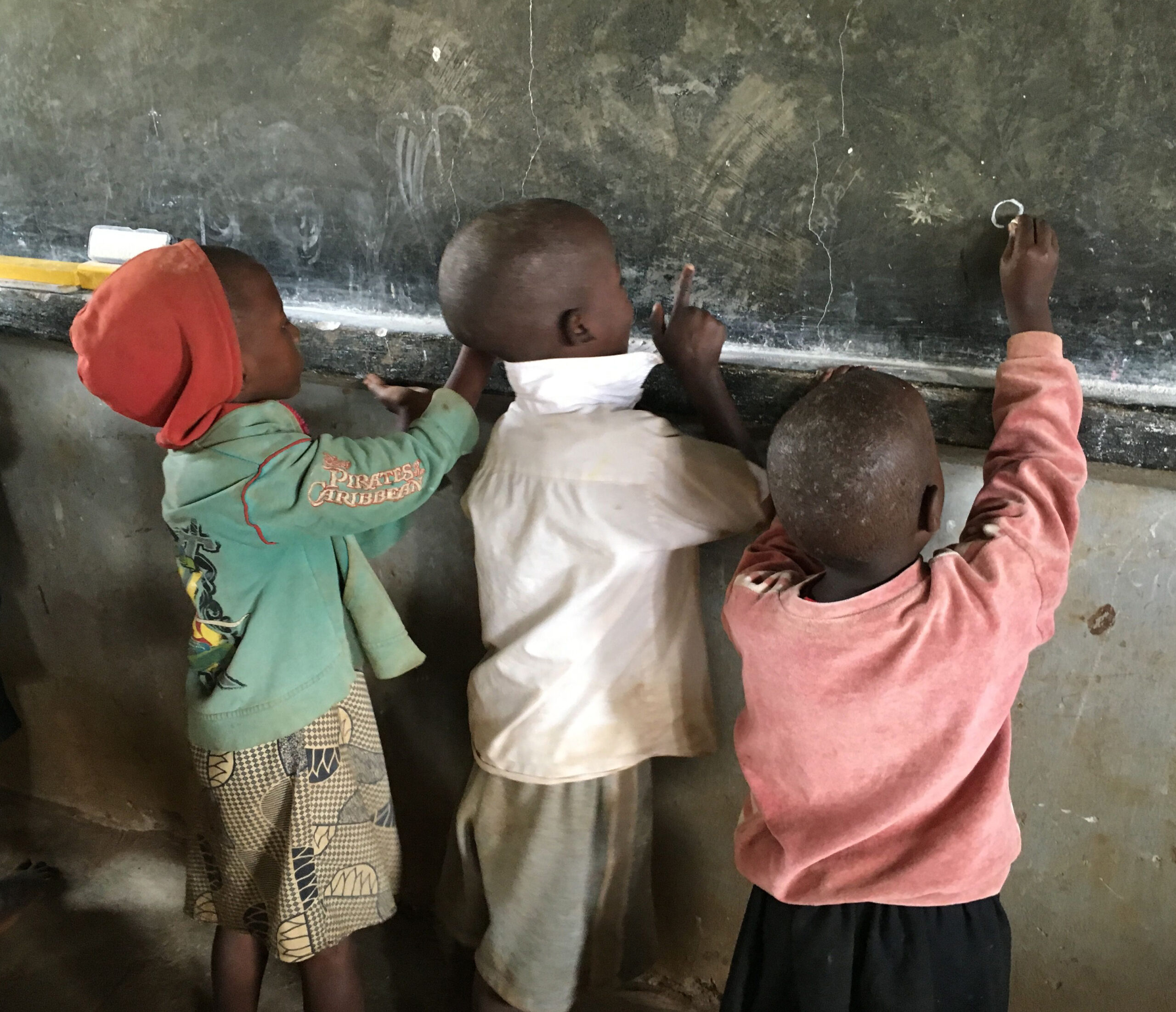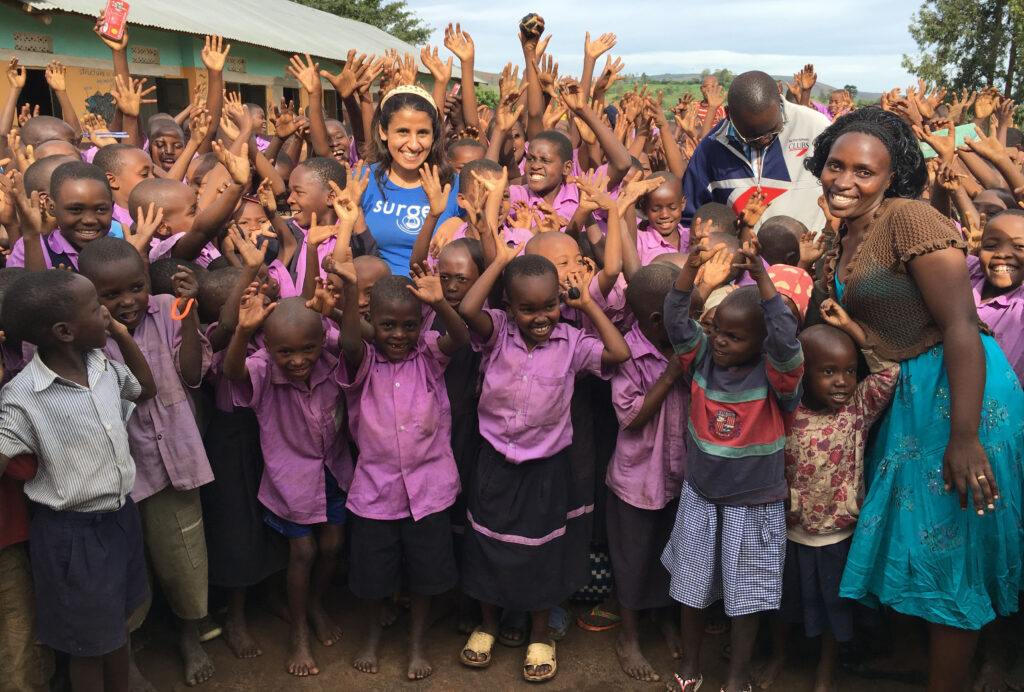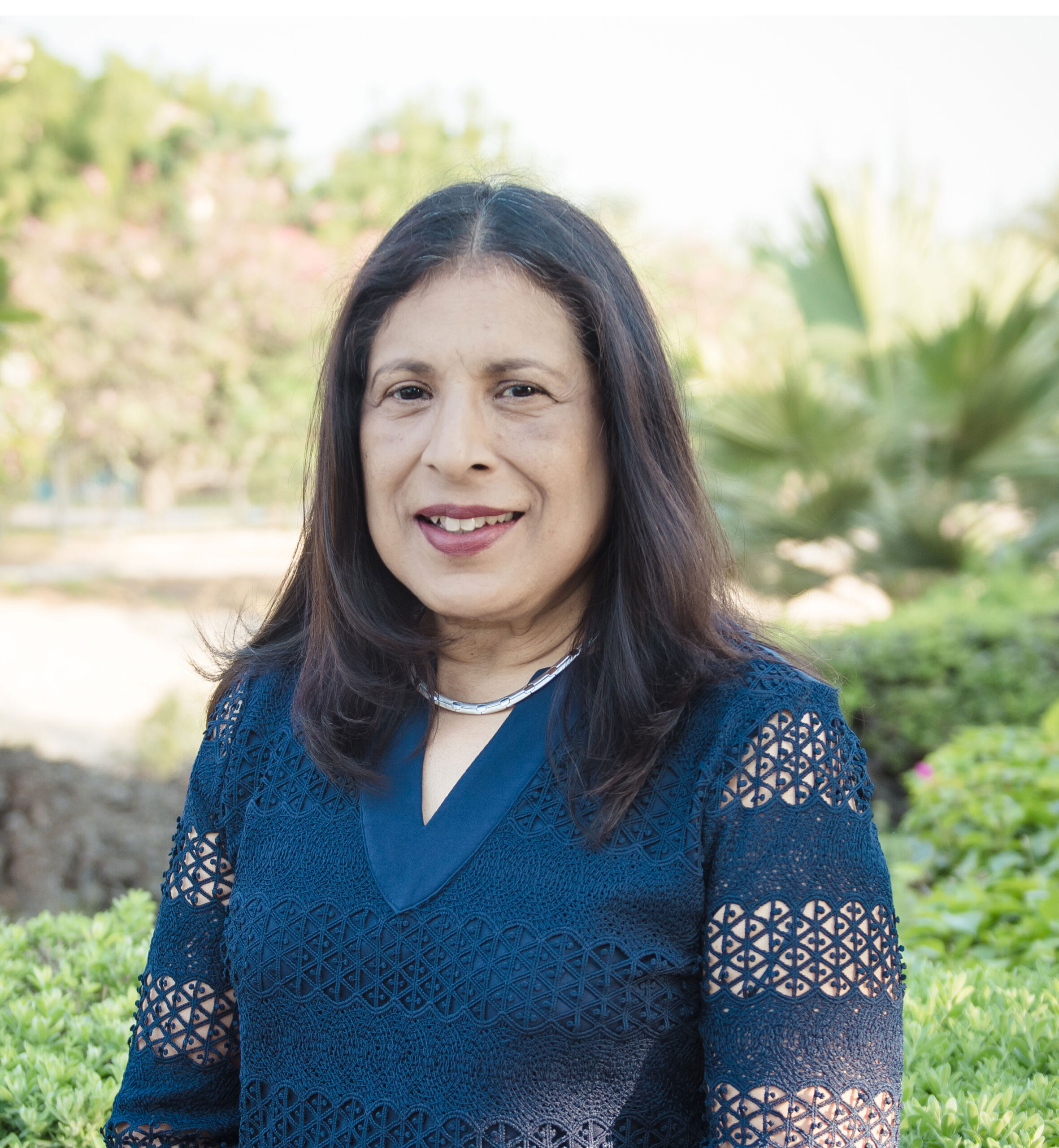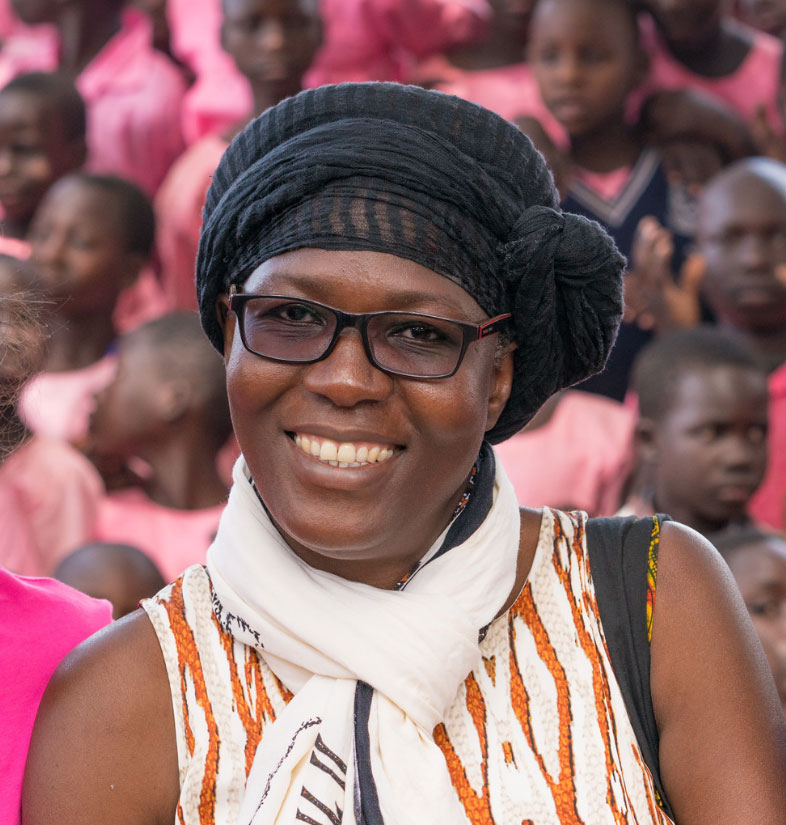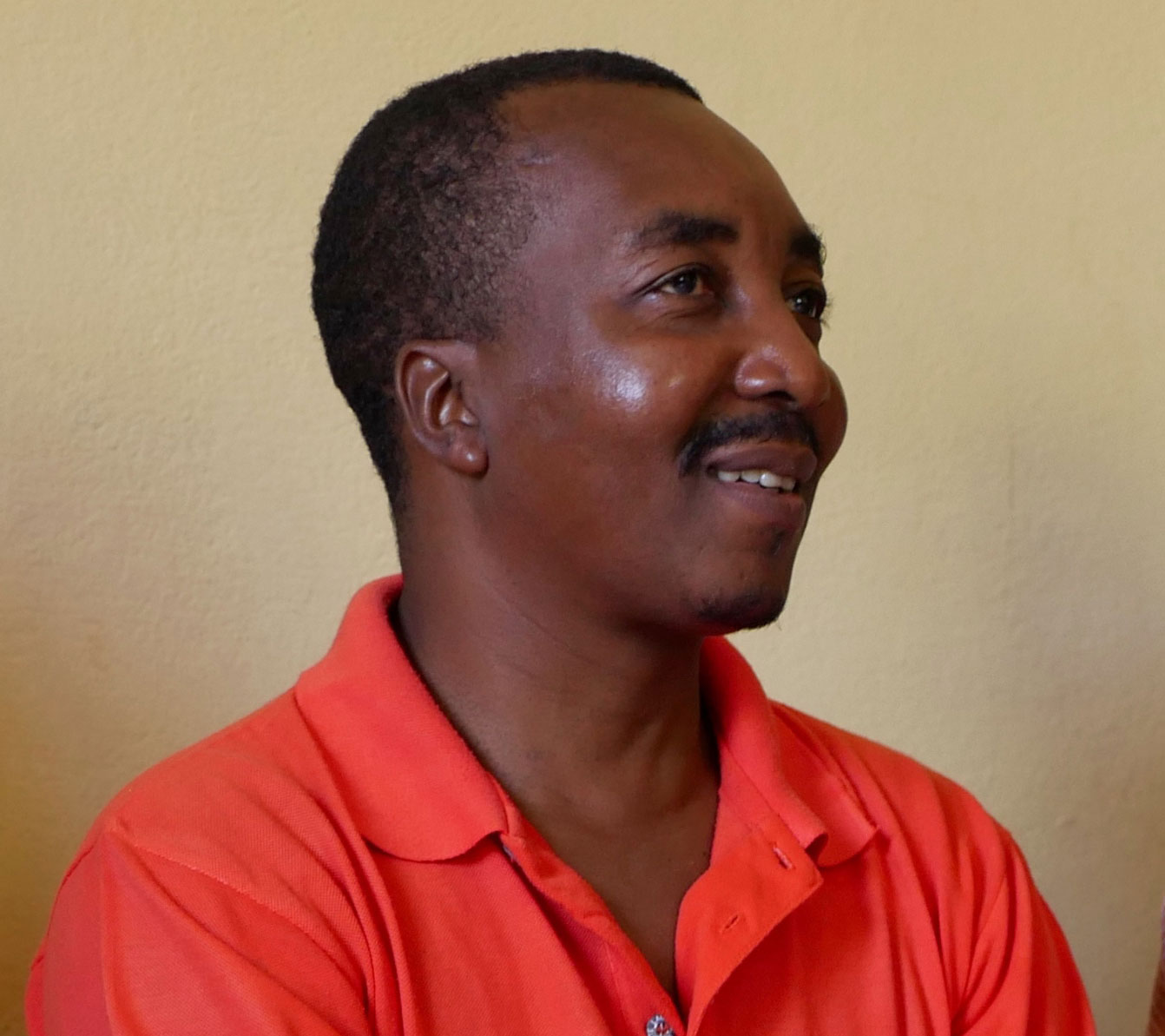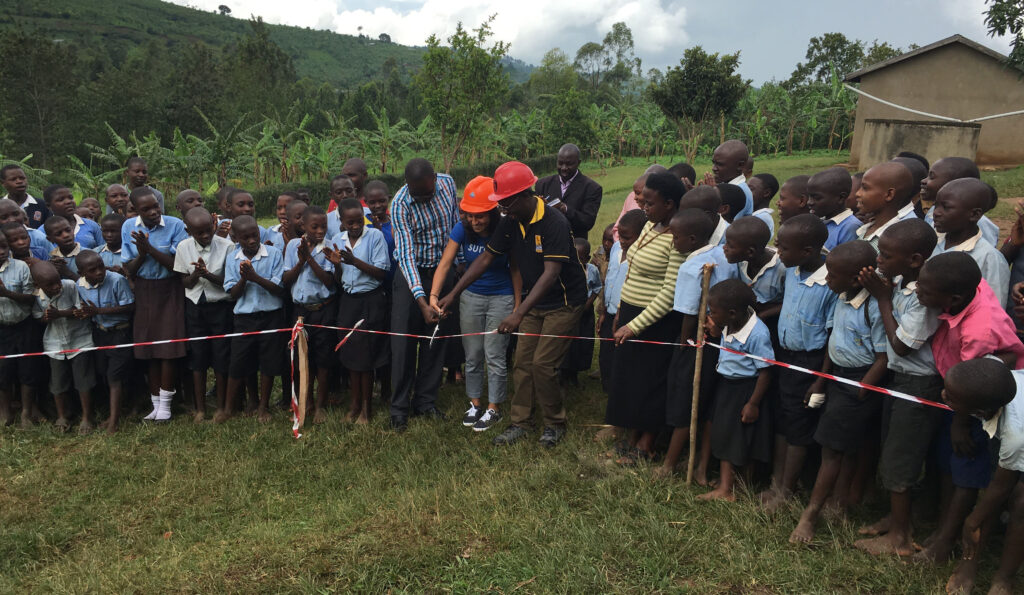
In Uganda, 94 percent of girls in primary school experience problems with latrines during menstruation. Sixty-one percent of girls report staying home altogether because of the poor sanitation facilities, lack of privacy, and scarce water for washing. Poor washing facilities often lead to students missing school days because of illness, or worse, dropping out altogether. While this problem affects all students, it affects girls unequally. Girls feel particularly uncomfortable attending school during their menstrual cycles. They often don’t have the basic supplies needed to stay hygienic, and they also lack the privacy needed to care for themselves. We heard several reports of girls not leaving their homes through their monthly cycles.
Uganda is currently trying to provide universal primary and secondary education to all areas throughout the country. It is rating all schools on a measure of “readiness”, meaning that schools are being evaluated on factors that ultimately lead to student success. Three of these factors deal with sanitation: latrine ratios by gender, the availability of separate latrines for teachers, and the availability of a safe water source within 500 meters of the school.
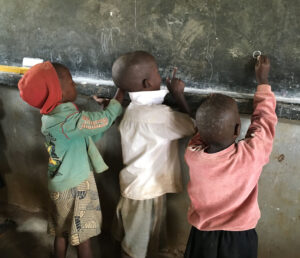 In Western Uganda, these factors are not being met and as a result students’ performances in school are suffering. We have partnered with Living Water International to improve the sanitation structure and the latrines of two schools in Ntungamo and Kiruhura districts. Each latrine will have 5 stalls/stances and a wash room. While the national standard for pupils to latrine stances is 39:1, these schools have ratios of more than 50:1. Our partnership with Living Water International aims to increase educational outcome by providing latrines with privacy and educating students and the community about the importance of critical sanitation and hygiene practices. These latrines will also address the concern that fewer girls are enrolling in school and even fewer are completing school.
In Western Uganda, these factors are not being met and as a result students’ performances in school are suffering. We have partnered with Living Water International to improve the sanitation structure and the latrines of two schools in Ntungamo and Kiruhura districts. Each latrine will have 5 stalls/stances and a wash room. While the national standard for pupils to latrine stances is 39:1, these schools have ratios of more than 50:1. Our partnership with Living Water International aims to increase educational outcome by providing latrines with privacy and educating students and the community about the importance of critical sanitation and hygiene practices. These latrines will also address the concern that fewer girls are enrolling in school and even fewer are completing school.
The communities we are working in understand the importance of having a latrine and have pledged to contribute 38% of the total cost. Families and community members will be contributing labor and building materials, such as sand, stones, and bricks, to help with the construction. Having the community and school involved in the process will ensure that safe hygiene practices are promoted throughout the community, leading to an overall reduction in sanitation related illnesses.
Construction has already started at Kitembe Primary School and is expected to be finished by December 10, 2015. Construction will soon begin at our second site – Rushere Model School and will also be completed before year end. Both these latrines will be dedicated to the girl child. The existing facilities at the schools will still be in operation, therefore increasing the total number of stances available to all children.
Shilpa Alva, our executive director, visited Uganda during the first three weeks of November and visited five other schools that have significant need for improved latrines. Our goal is that we will also be able to provide these additional schools with a latrine so that no child will have to stay at home and forfeit and education.
To help, please consider making a donation, or contacting us for more ways to get involved. Our principle: Every child deserves the right to an education.
Written by Ashley Quinlan, Field Program Development Intern at Surge for Water.

